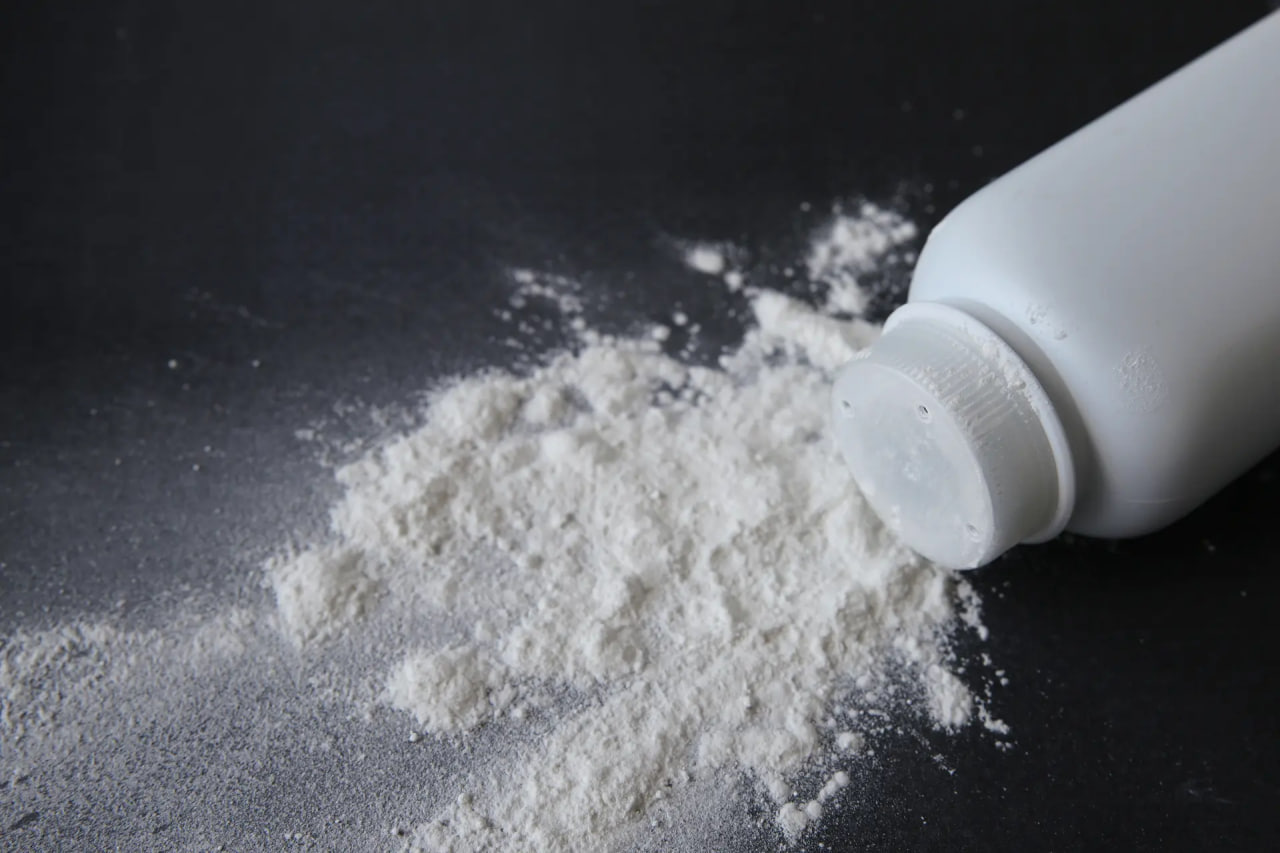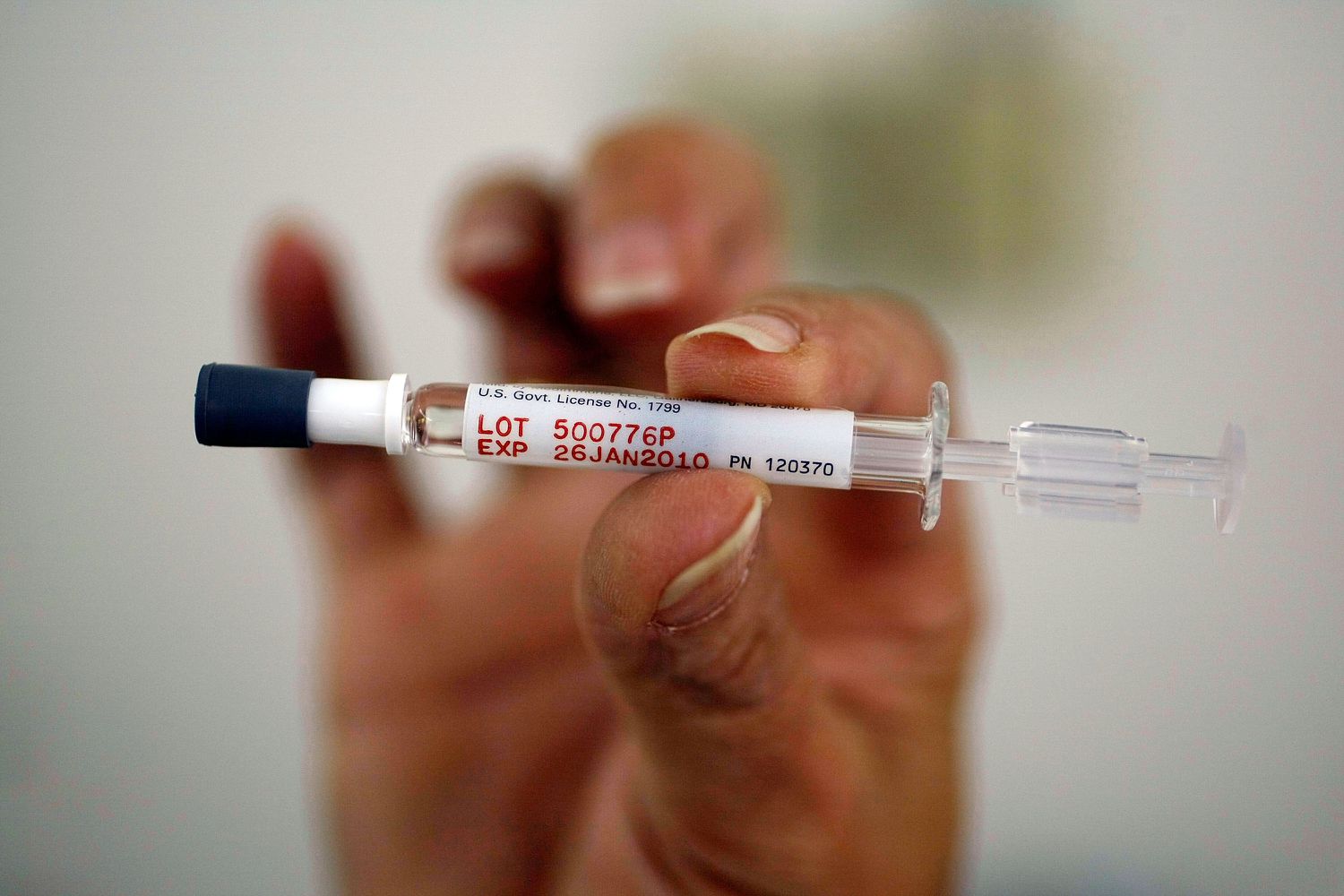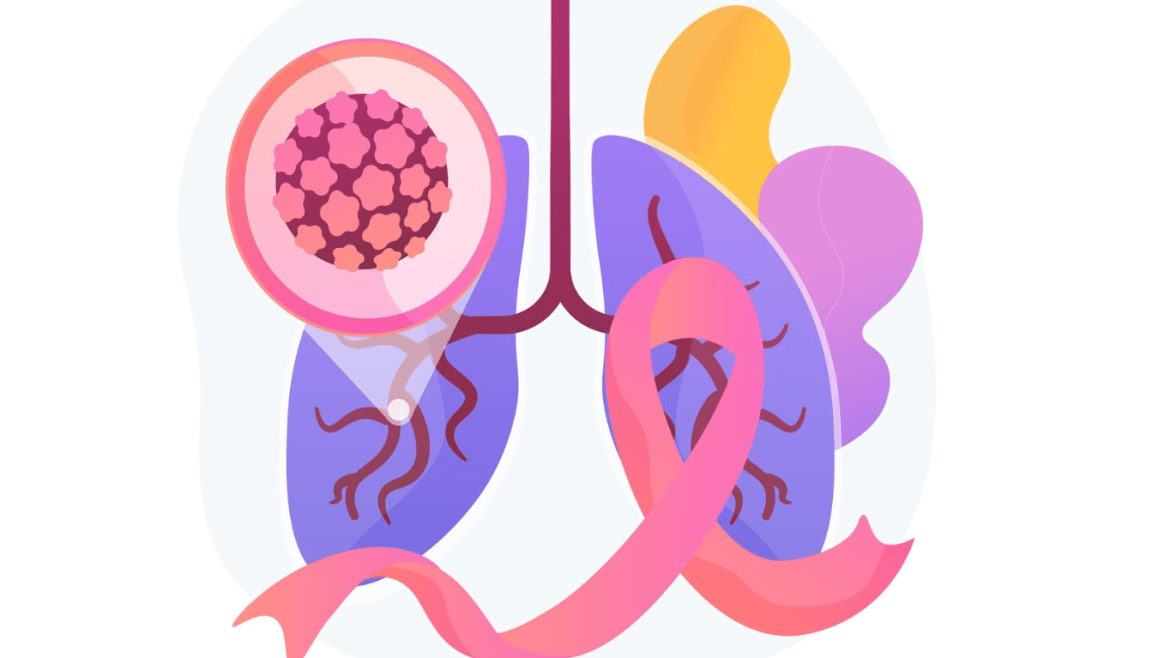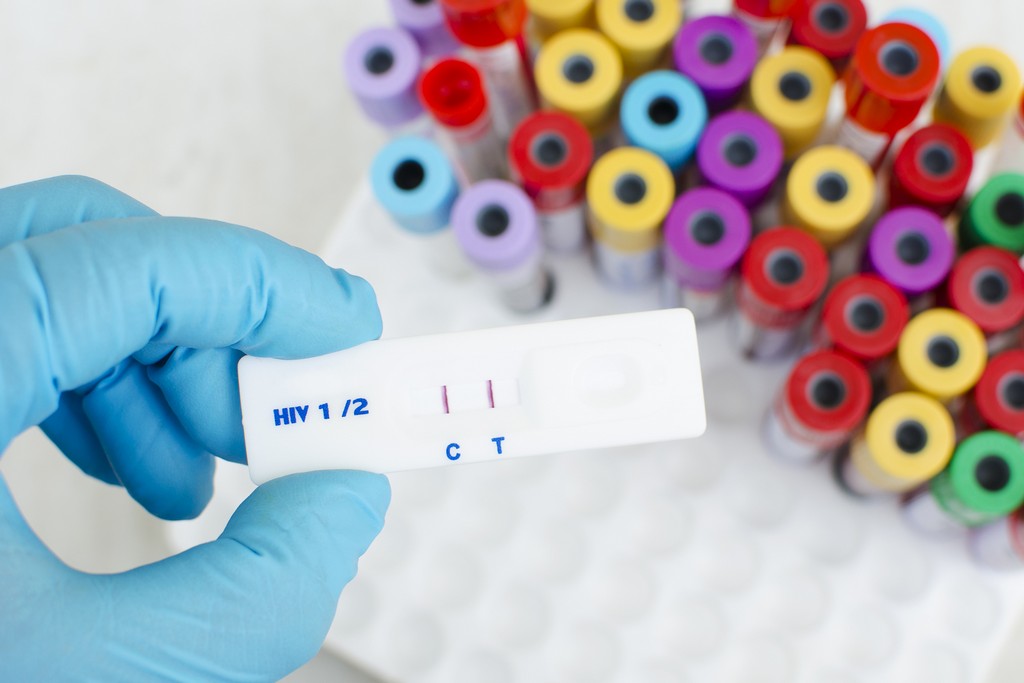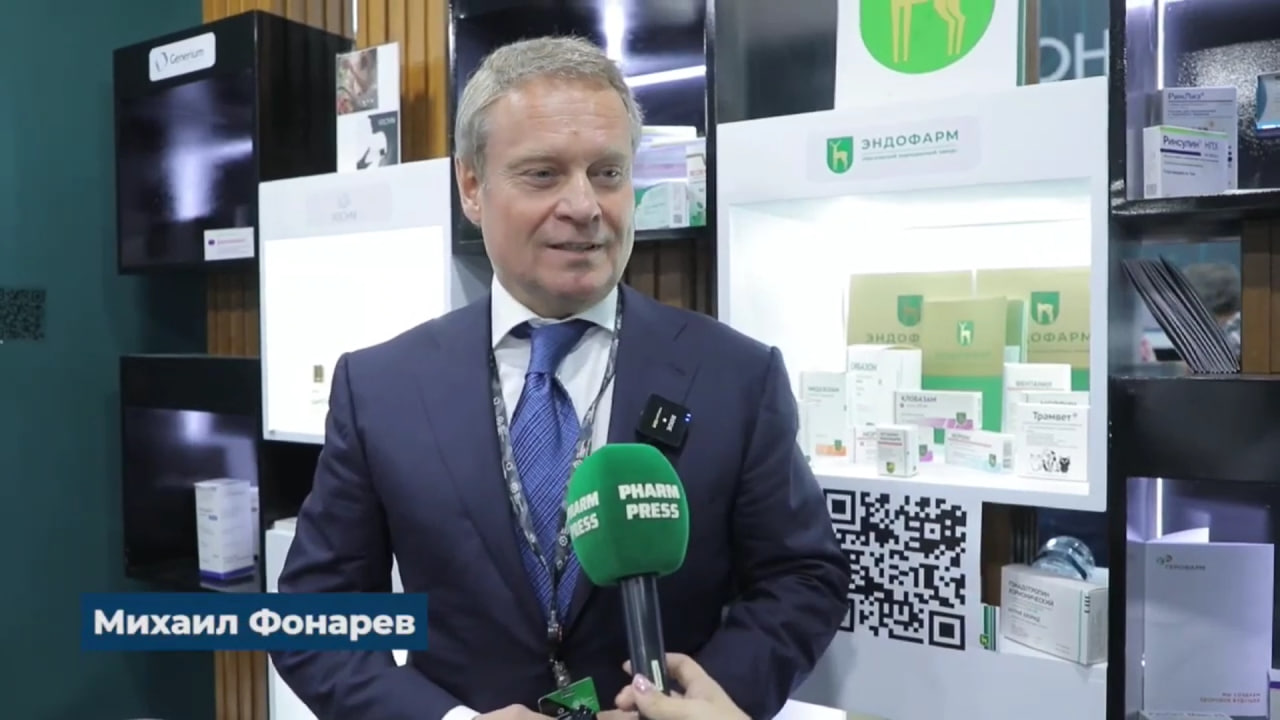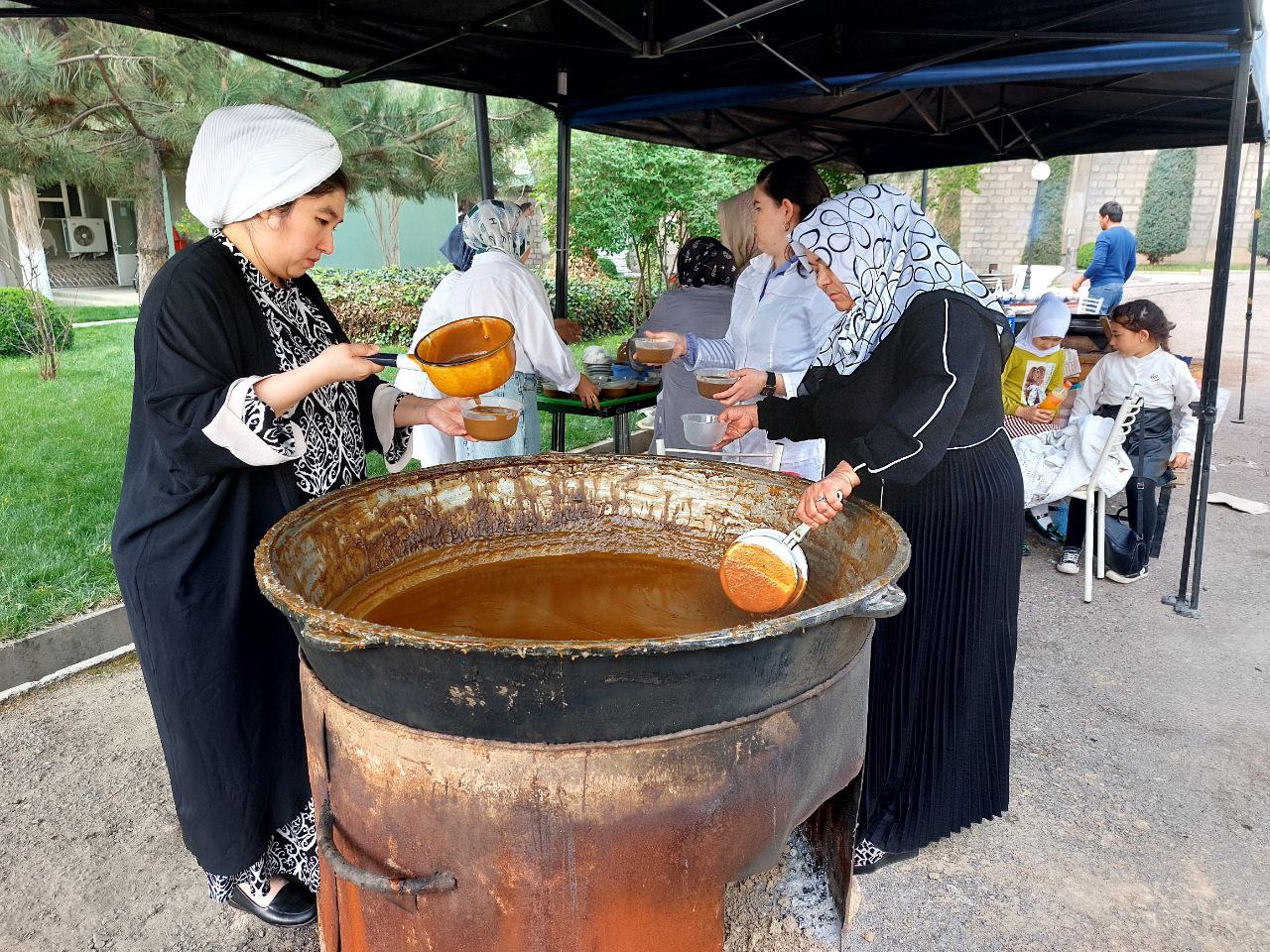11:55 (10.07.2024)
1499
WHO: Talc may cause cancer in humans
The World Health Organization's (WHO) cancer research agency has delivered a damning report on powdered mineral talc, calling it "probably" cancer-causing to humans, mainly because of powders being unknowingly contaminated with asbestos.
The International Agency for Research on Cancer (IARC) classified the naturally occurring talc as "probably carcinogenic to humans (Group 2A)" based on "limited evidence" of ovarian cancer, "sufficient evidence" of experimental animals developing cancers and "strong mechanistic evidence" of carcinogenic properties found in human cells.
It supports the findings of a large study published in May, which found that applying talc to female genitals was associated with a greater risk of ovarian cancer.
"There were numerous studies that consistently showed an increase in the incidence of ovarian cancer in humans self-reporting the use of body powder in the perineal region," the IARC report noted. "Although the evaluation focused on talc not containing asbestos, contamination of talc with asbestos could not be excluded in most of the studies of exposed humans.
"An increased rate of ovarian cancer was also observed in studies looking at occupational exposure of women exposed to talc in the pulp and paper industry," the report continued.
The agency found a higher rate of malignant neoplasms in female rats (adrenal medulla and lung cancers) and both benign and malignant neoplasms in males (adrenal medulla). In addition to this, talc's impact on cells revealed strong evidence it induced chronic inflammation and altered cell growth and death.
This comes just a month after Johnson & Johnson agreed to pay US$700 million in a massive class-action suit that accused the company of deceiving customers about the safety of its famous baby powder and other talc products. An investigation had found that J&J's products had been contaminated with trace amounts of carcinogenic asbestos.



